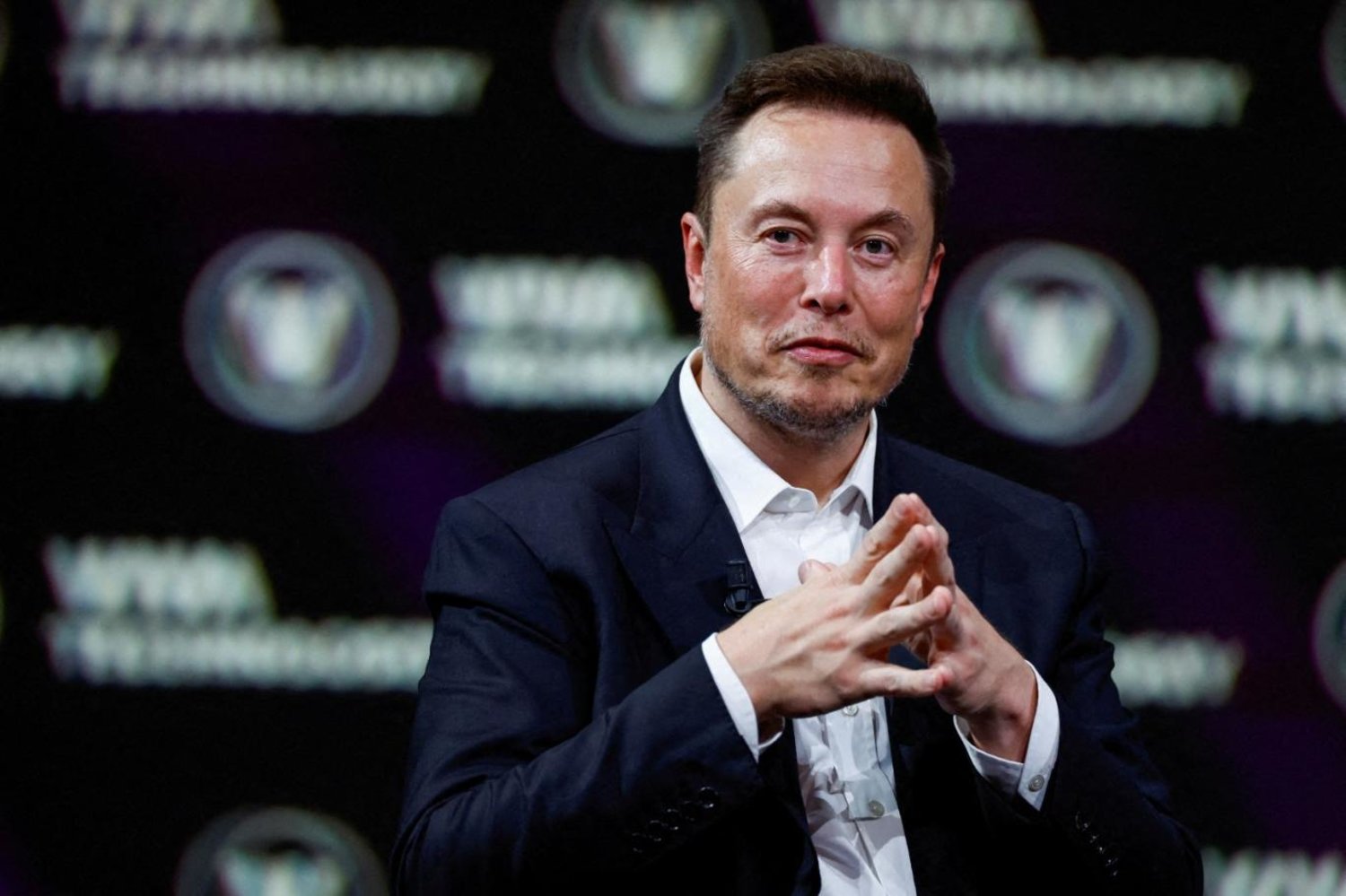New York — Tesla’s polarizing CEO, Elon Musk, and his substantial wealth are the focal points of an upcoming shareholder vote that promises to be a defining moment for the company.
Five months ago, a Delaware judge nullified the largest compensation package in history, valued at over $50 billion, that Tesla’s accommodating board awarded Musk in 2018. Now, Musk and the board are urging Tesla shareholders to not only reapprove those stock options but also to approve a move to relocate Tesla’s incorporation away from Delaware.
The stakes are high: the board has warned that without this approval, they may struggle to secure Musk’s attention at a critical juncture for the company. Tesla’s stock price has plummeted more than 50% from its peak as a trillion-dollar company in late 2021, with sales falling short of forecasts and profits squeezed by a global EV price war that Tesla itself ignited.
The outcome will be revealed on Thursday during Tesla’s annual shareholders meeting, where votes on two key proposals will be announced. One proposal seeks to reauthorize the package of 303 million split-adjusted stock options, valued at $46.9 billion based on Friday’s closing price—down from $51 billion at the time of the judge’s decision.
In 2018, 73% of shareholders approved the compensation package. However, Delaware Chancery Court Chancellor Kathaleen McCormick ruled in January in favor of shareholders challenging the package, stating that Tesla’s board failed to prove the compensation plan was fair. She criticized the board’s process as “deeply flawed” and too closely aligned with Musk to adequately represent shareholder interests.
“Musk launched a self-driving process, recalibrating the speed and direction along the way as he saw fit,” McCormick wrote.
In response, Musk and Tesla have appealed the ruling and are now seeking shareholder permission to relocate the company’s state of incorporation from Delaware to Texas, where its headquarters are situated. Delaware’s reputation as a business-friendly state has made it a popular choice for corporate incorporation, allowing McCormick to rule on the fairness of the pay package.
Despite strong shareholder support for Musk’s compensation package in 2018, Tesla’s board appears to be aggressively campaigning to secure votes this time around. The company has filed over two dozen communications with the SEC advocating for a “yes” vote, a much higher level of engagement than typical for shareholder proxy items. Additionally, Tesla has introduced a lottery offering a tour of its Texas factory, conducted personally by Musk, as an incentive for voting.
Tesla’s filings argue that maintaining Musk’s compensation package is essential to keeping him fully engaged with Tesla, amidst his numerous other ventures.
“This is obviously not about the money,” Tesla Chair Robyn Denholm wrote to shareholders. “Elon is one of the wealthiest people on the planet, and he would remain so even if Tesla were to renege on the commitment we made in 2018. Elon is not a typical executive, and Tesla is not a typical company.”
Denholm continued, emphasizing the need to “motivate [Musk] to continue to create value for stockholders,” noting that Musk’s time and energy are finite resources they want dedicated to Tesla.
However, Musk’s increased controversy since 2018 complicates winning support. His acquisition of Twitter for $44 billion in 2022, funded in part by selling $22.9 billion of Tesla shares, and his controversial management of the platform, now rebranded as X, have drawn significant criticism. Allegations of antisemitism and the reinstatement of banned accounts have driven away advertisers and resulted in financial losses.
Tesla itself faces significant challenges. Despite a 1,700% increase in share value from the original package’s approval in 2018 to its peak in November 2021, Tesla has lost over half its value since, including a 30% drop this year. The company has been forced to cut prices amidst weaker-than-expected demand and increased competition in the EV market.
“This shareholder vote is happening at the most tenuous time for Musk,” said Dan Ives, tech analyst with Wedbush Securities. “After Tesla went through a Cinderella ride, it’s become a horror show. There’s a group of shareholders who are frustrated. And this is a shot across the bow for them to show they’re not satisfied.”
Ives believes the pay package will likely be approved, but notes that the vote will be much closer this time. Many shareholders see Musk’s continued focus on Tesla, rather than his other ventures, as crucial for the company’s future.
Musk has even indicated he would be unwilling to drive Tesla towards leadership in artificial intelligence and robotics without a compensation plan granting him ownership of around 25% of Tesla’s stock, up from his current 13% stake.
“It comes down to Musk,” Ives said. “Musk is still the heart and lungs of the Tesla growth story.”
Notable supporters of Musk’s compensation include Ron Baron, CEO of Baron Capital, which holds a significant stake in Tesla. Baron praised Musk’s performance under the aggressive metrics set by the compensation contract, arguing that shareholders have greatly benefited.
Conversely, prominent advisory firms Institutional Shareholder Services and Glass Lewis oppose the package, labeling it as “outsized” from the beginning and urging a “no” vote.
Judge McCormick, in her ruling, dismissed claims that Musk would be uncompensated without the package, noting his substantial preexisting equity stake.
Ultimately, the courts in Delaware may still play a pivotal role in the final decision regarding Musk’s compensation and Tesla’s incorporation, regardless of the shareholder vote’s outcome.
As Tesla navigates these turbulent times, the results of this vote could significantly impact Musk’s involvement with the company that made him a household name and a polarizing figure in the business world.







